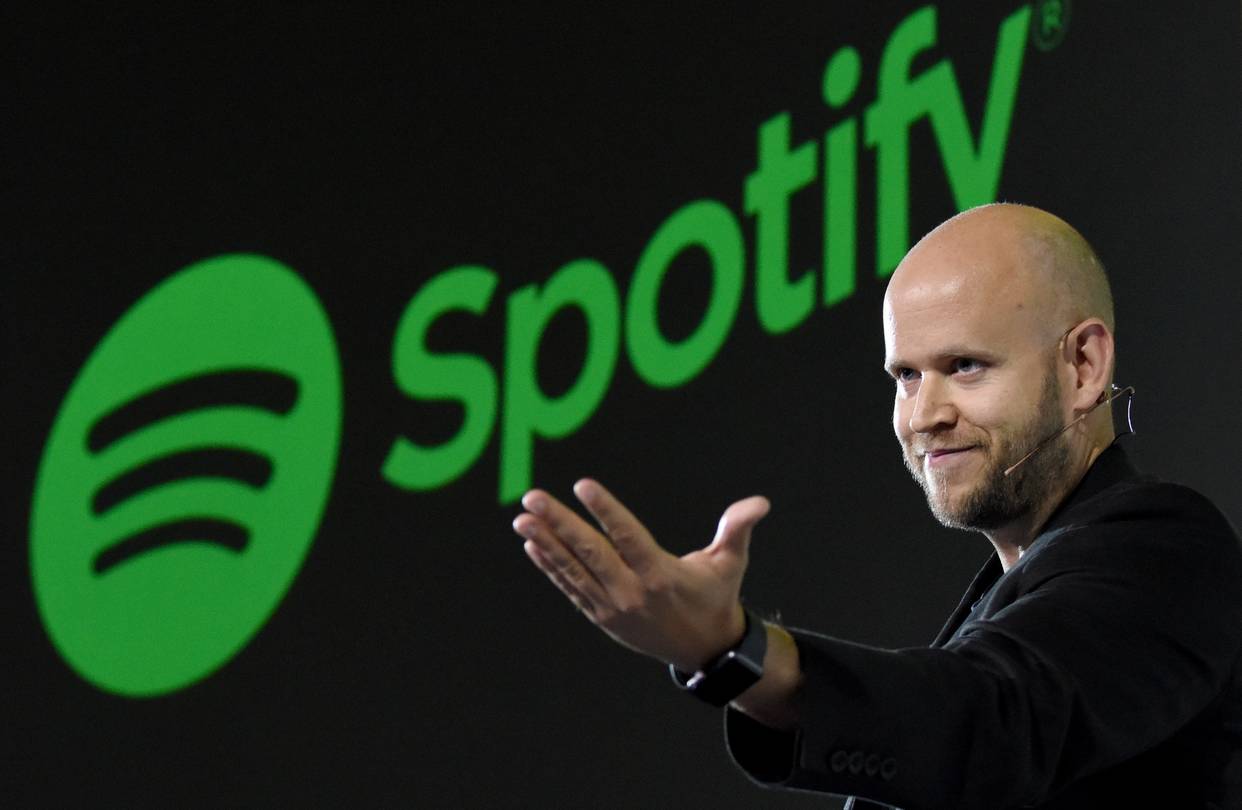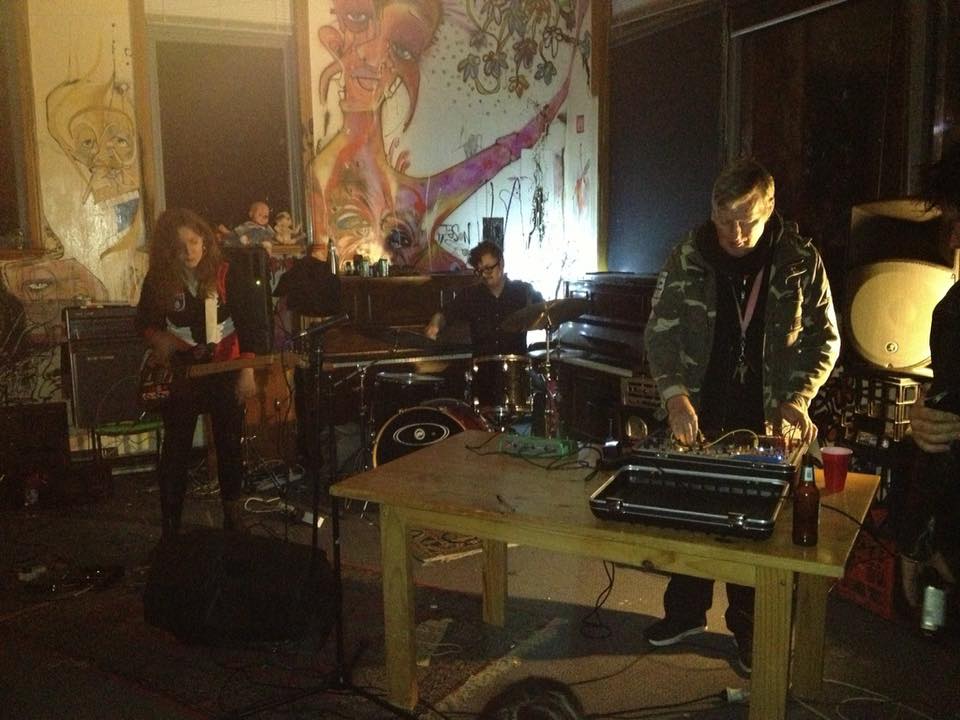Last week the Swedish streaming service reported its first quarterly earnings since it went public. Revenue was US$1.38 billion, monthly user base in 65 countries was 170 million, 75 million of these were subscribers paying $10 a month. Which has made Wall Street very excited and optimistic not only about Spotify, but streaming and the global music industry.
The investment world has given the industry a wide berth in the past 15 years. Piracy, loss of revenue, declining CD sales, awkward transition to digital, and a lot of blame game and paralysis from music executives have all been factors.
That has changed. Last week two major financial companies sent out notes to investors that the music industry was entering a growth boom. Morgan Stanley predicts Spotify will be worth $200 million by the end of 2022. “We argue the strong value proposition of paid streaming services will drive penetration higher over time,” it predicted.
JP Morgan pointed out that Spotify’s user base has grown at a rate of 38% each year, and that it would do for music what Netflix has done for movies and TV with a leap in subscribers, and hence generate some serious money.
To the financial investment world, Spotify is the litmus test for the health and money making capabilities of the music industry, and sends the message that it’s truly in recovery mood. It’s shown growth for three years, and the three majors Universal, Sony and Warner this year reported their best financials in a decade.
Greater investment means music companies invest in new technology to strengthen their audience, find markets in biometrics (Blink Identity, Endel) and creative AI (Secondbrain), tap a higher grade of executives from outside the music industry to become better businesses, and invest more in signing and developing acts. All this filters down the ecosystem.
The record companies who invested in Spotify are now making a killing. Sony just sold half its shares and made $911million – and has, like the other majors, promised to share it with its recording artists and songwriters.
Spotify’s plans for artists could benefit Australia. Founder Daniel Ek wants to build up the number of artists on its platform from three to ten million. He wants to break more new music globally than ever before. Spotify has the support of the millennials’ buying power and obsession with music. 72% of users are under the age of 34, and 43% are under 24. 30% of listening is to playlists and programming. Ek calls it “a massive transformation,” adding that top playlists are “bigger than any US radio station.”







